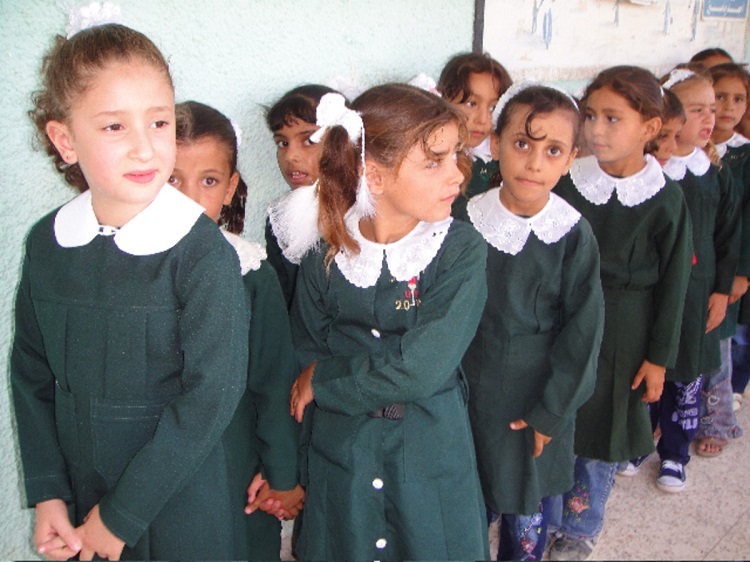Traditionally schools have always had different uniforms for boys and girls thereby demarking them on the basis of their gender. But there are some schools that are in sync with the ideas and ideology followed in the present times and revolt against such gender discrimination. They have a single neutral dress code which is followed universally by all their students, irrespective of their genders.

Implications of school uniform differentiation
This allocation of different school uniform for boys and girls has certain positive and certain negative social implications like:
- Positive implications: The biggest advantage of having different uniforms is to ensure that discipline is followed in the school. In fact it is this differentiation which helps to restrict an overt display of sexualisation, especially in girls reaching puberty. Thus schools ensure that focus remains on the studies rather than on the developing signs of sensuality in both girls and boys.
- Negative implications: One argument against the differentiation in the gender on the basis of a dress code is that students are being taught the differences between masculinity and feminity from a very young age. In fact it also gives rise to certain gender bias, especially towards girls who have to wear uniforms which restrict their movements. This prevents them from trying out new things and also imbibes certain limitations in their minds which ultimately influences their thought process and hampers their growth as individuals.
While both the positive and negative social implications of a differentiation in the school uniform based on gender have strong foundations, the choice of the same depends on the thought process followed by the school authorities. It however, depends on the parents to ensure that their children are able to grow up with ideas and thought processes as desirable to them and select the schools which best represent them.








